BIMSTEC, bridge between South & South East Asia?
TIMES NOW featured our Distinguished Fellow in Foreign Policy Studies, Amb. Rajiv Bhatia on their show to discuss the fourth BIMSTEC Summit. Watch the full episode here.
 Courtesy:
Courtesy:
TIMES NOW featured our Distinguished Fellow in Foreign Policy Studies, Amb. Rajiv Bhatia on their show to discuss the fourth BIMSTEC Summit. Watch the full episode here.
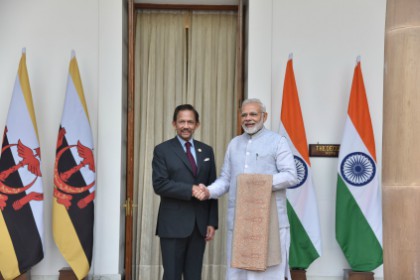 Courtesy: MEA/ Flickr
Courtesy: MEA/ Flickr
India and Brunei have a 34-year-old diplomatic relationship; but as yet no Indian president or prime minister has paid the country a bilateral visit to strengthen these ties. The strategically-located nation is rich in its history, with a unique political system. Its foreign policy approach is non-controversial, yet noticeably pragmatic.
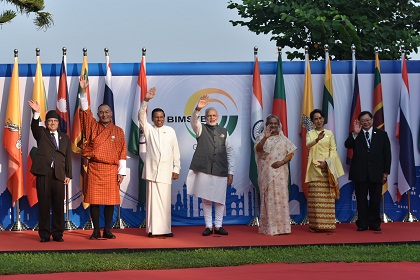 Courtesy: Mea/ Flickr
Courtesy: Mea/ Flickr
The 21-year-old regional organisation, which will hold its fourth summit on August 30-31, was formed because of the opportunities to make headway in economic and social development through cooperation, but it has achieved modest success. It has a relevance independent of SAARC or ASEAN and goals of its own to pursue
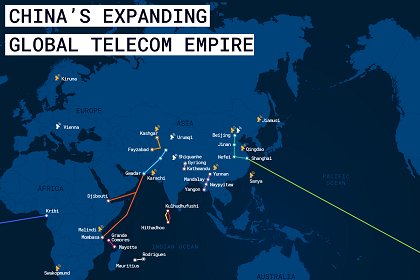 Courtesy: Gateway House
Courtesy: Gateway House
This version of the Gateway House Map on China’s Expanding Global Telecom Empire identifies some more telecommunication assets -- optic-fibre and satellite ground stations -- that Beijing is working on in South and Central America, Africa, Myanmar, the Indian Ocean Region and mainland China besides the existing ones, such as the Pakistan East Africa Cable Express (PEACE). It shows the direction China’s investment is taking, its diplomatic overtures and the larger geopolitical implications of its growing telecom empire
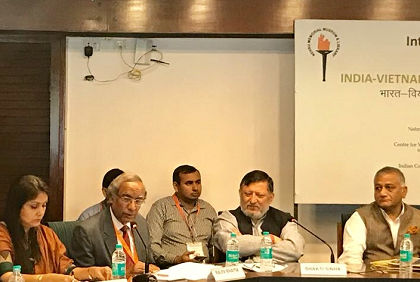 Courtesy:
Courtesy:
The following remarks were given by Rajiv Bhatia, Distinguished Fellow, Foreign Policy Studies, Gateway House at the international conference on India-Vietnam: Strengthening Economic Ties July 26-27, 2018.
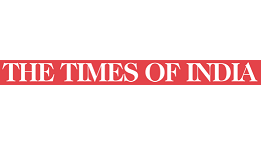 Courtesy:
Courtesy:
Our Distinguished Fellow in Foreign Policy Studies, Amb. Rajiv Bhatia, was a speaker at recent a international conference in Delhi on the theme of ‘India-Vietnam: Strengthening Economic Ties’ organised by Nehru Memorial Museum and Library, in association with the Centre for Read more
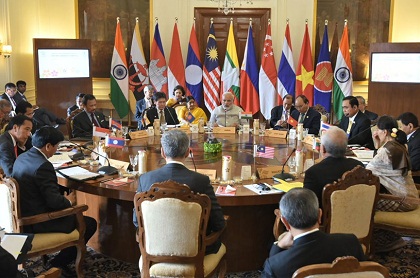 Courtesy: Zee News
Courtesy: Zee News
Indonesia and Malaysia appreciate India’s leadership role in the Indo-Pacific, but are also aware of all that keeps it from delivering on its commitments. A policy visit to the two countries enabled a closer look at some key issues, such as ASEAN’s centrality, the Quad and India’s stand on the Regional Comprehensive Economic Partnership
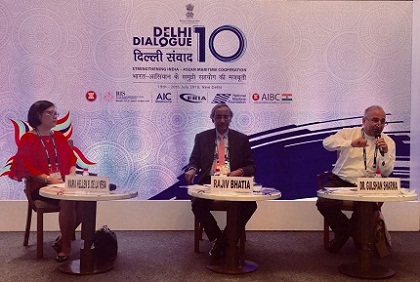 Courtesy:
Courtesy:
The following remarks were given by Rajiv Bhatia, Distinguished Fellow, Foreign Policy Studies, Gateway House as chair of the session on Tourism Cooperation at Delhi Dialogue X on July 20, 2018
Yuan Peng, Vice President, and Dr. HU Shisheng, director, respectively of the Institute of South & Southeast Asian and Oceanian Studies, China Institute of Contemporary International Relations, Beijing, spoke to Gateway House about working towards ‘the final goal of denuclearisation’, India-China relations since the Doklam stand-off and addressing security concerns raised by the Belt and Road Initiative
 Courtesy: IIM, Indore
Courtesy: IIM, Indore
The world order that came about in the aftermath of World War II was a western-oriented construct that has become obsolete in many ways. The changes underway offer India an opportunity to participate in the crafting of political and economic institutions that are more pertinent to the emerging geopolitical equations